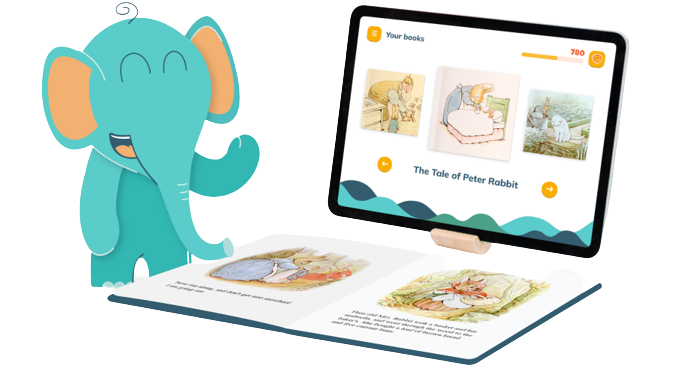How to Recognize Learning Disabilities in Children: A Comprehensive Guide for Parents
Valuable insights and practical tips for parents on spotting potential learning disabilities in their children

Valuable insights and practical tips for parents on spotting potential learning disabilities in their children

Recognizing learning disabilities in children is essential for parents to provide appropriate support and interventions. Early identification of these challenges can significantly impact a child's academic and personal development, and help to ensure that children get the appropriate support they need to reach their full individual potential. This article aims to equip parents with valuable insights and practical tips on spotting potential learning disabilities in their children. Let’s dive in!
Observe Academic Performance
One of the primary indicators of a learning disability is a consistent discrepancy between a child's cognitive abilities and academic performance. Look for signs of struggling in reading, writing, mathematics, and other subjects. Challenges in mastering fundamental skills, frequent mistakes, and inconsistent academic achievements despite efforts may warrant further investigation. According to the National Institute of Child Health and Human Development (NICHD) of the United States, monitoring academic progress is crucial in identifying learning disabilities in children.
If your child has generally met developmental milestones on time, and has not struggled with daily living tasks, but seems to struggle with academics, this could be indicative of a learning difference. In most states, parents have the ability to request a review of their child’s academic progress from their educational institution, which may be able to provide a formal evaluation.

Notice Communication and Language Skills
Language difficulties can be a signal for learning disabilities. Pay attention to delays in speech development, and struggles with vocabulary, grammar, or comprehension. Children with learning disabilities may have difficulty expressing themselves clearly, following instructions, or understanding abstract concepts. The American Speech-Language-Hearing Association (ASHA) emphasizes that language-related issues can be indicative of learning disabilities, such as dyslexia or auditory processing disorder (bonus: check out our blog on Ello and dyslexia here!).
Identify Behavioral and Emotional Indicators
Learning disabilities often manifest in behavioral and emotional changes due to academic challenges. Look out for signs of frustration, low self-esteem, anxiety, withdrawal, or defiance. Complaints about school, avoidance of homework or reading, or a sudden disinterest in learning may be an indication that the child is struggling academically. The Learning Disabilities Association of America (LDA) highlights the connection between behavioral and emotional indicators and potential learning difficulties in children.

Evaluate Motor Skills and Coordination
Poor fine or gross motor skills can also be signs of learning disabilities. Observe difficulties with handwriting, using scissors, tying shoelaces, or participating in physical activities. Children with coordination challenges, such as dyspraxia, may struggle with tasks requiring precise movements or spatial awareness. The American Occupational Therapy Association (AOTA) emphasizes the importance of evaluating motor skills and coordination when assessing learning disabilities in children.
If you suspect a learning disability in your child, it is crucial to seek professional evaluation. Consult with your child's teacher, school counselor, or pediatrician who can refer you to a specialist or diagnostician. Professionals can conduct assessments, including cognitive and academic testing, to determine if your child has a learning disability and provide guidance on appropriate interventions.
By becoming familiar with the signs and symptoms of learning disabilities, parents can play a pivotal role in supporting their child's educational journey. By closely observing academic performance, communication skills, behavior, and motor coordination, parents can identify potential learning challenges early on and seek the necessary assistance for their child's success and well-being.
%20(1).png)